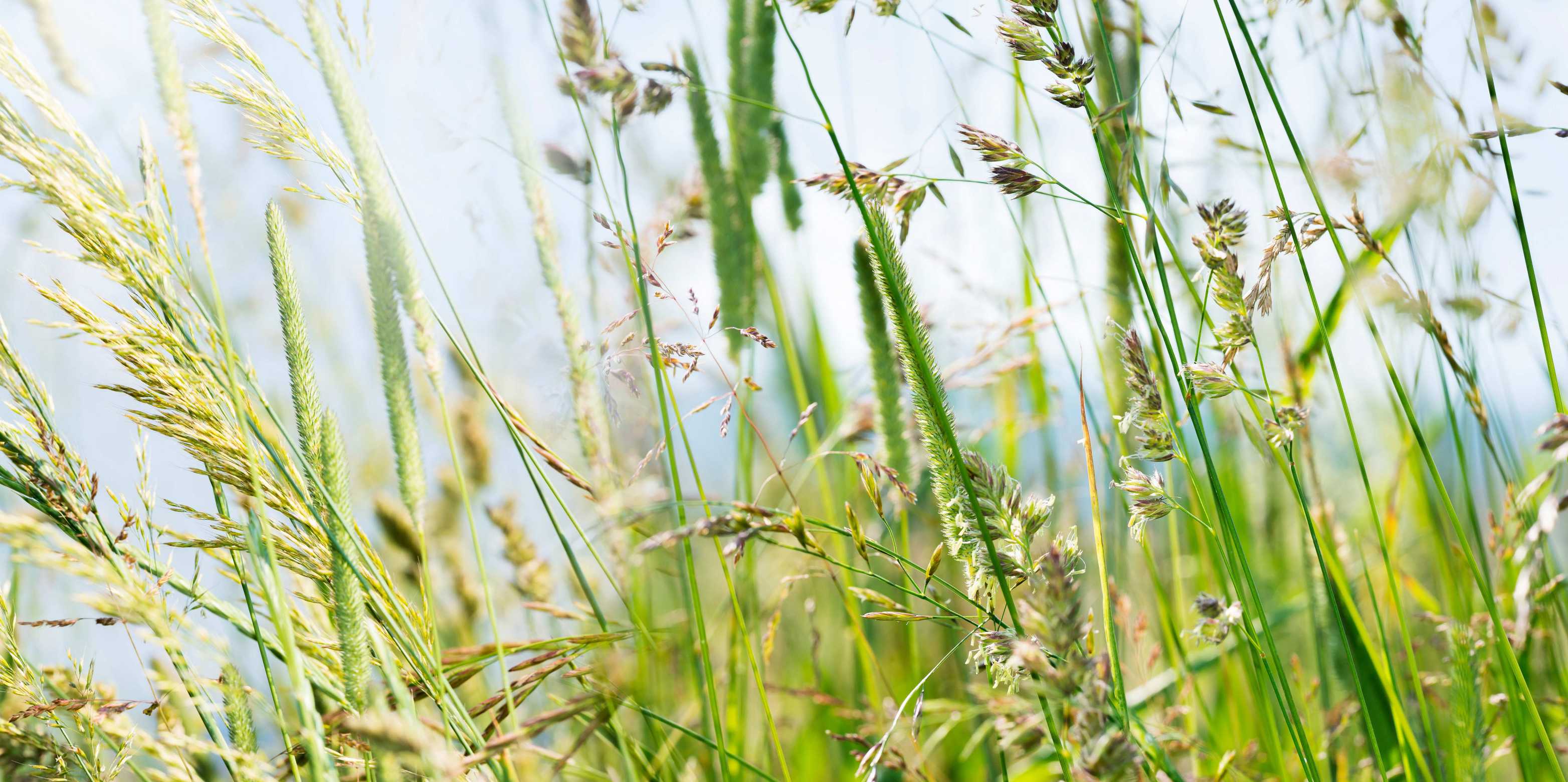Navigation auf uzh.ch
Navigation auf uzh.ch

ETH Zurich researchers have been able to show which genes inhibit self-fertilisation in grasses. Plant scientists can now use this mechanism in a more targeted way to breed new varieties of forage grasses as well as rice or barley.
These findings are opening up new breeding possibilities not only for forage grasses but also for important, self-pollinating grass crops for human consumption such as rice or barley. If the genes for self-incompatibility are known, they can be manipulated in specific ways. Switching them off makes it possible to develop inbreed lines. Another approach is to insert the genes into the genome of grasses that have lost their self-incompatibility so as to breed genetically diverse populations. For Studer, one thing is clear: 'Knowledge of these genes has given us an important foundation for controlling this mechanism and using it for breeding.'